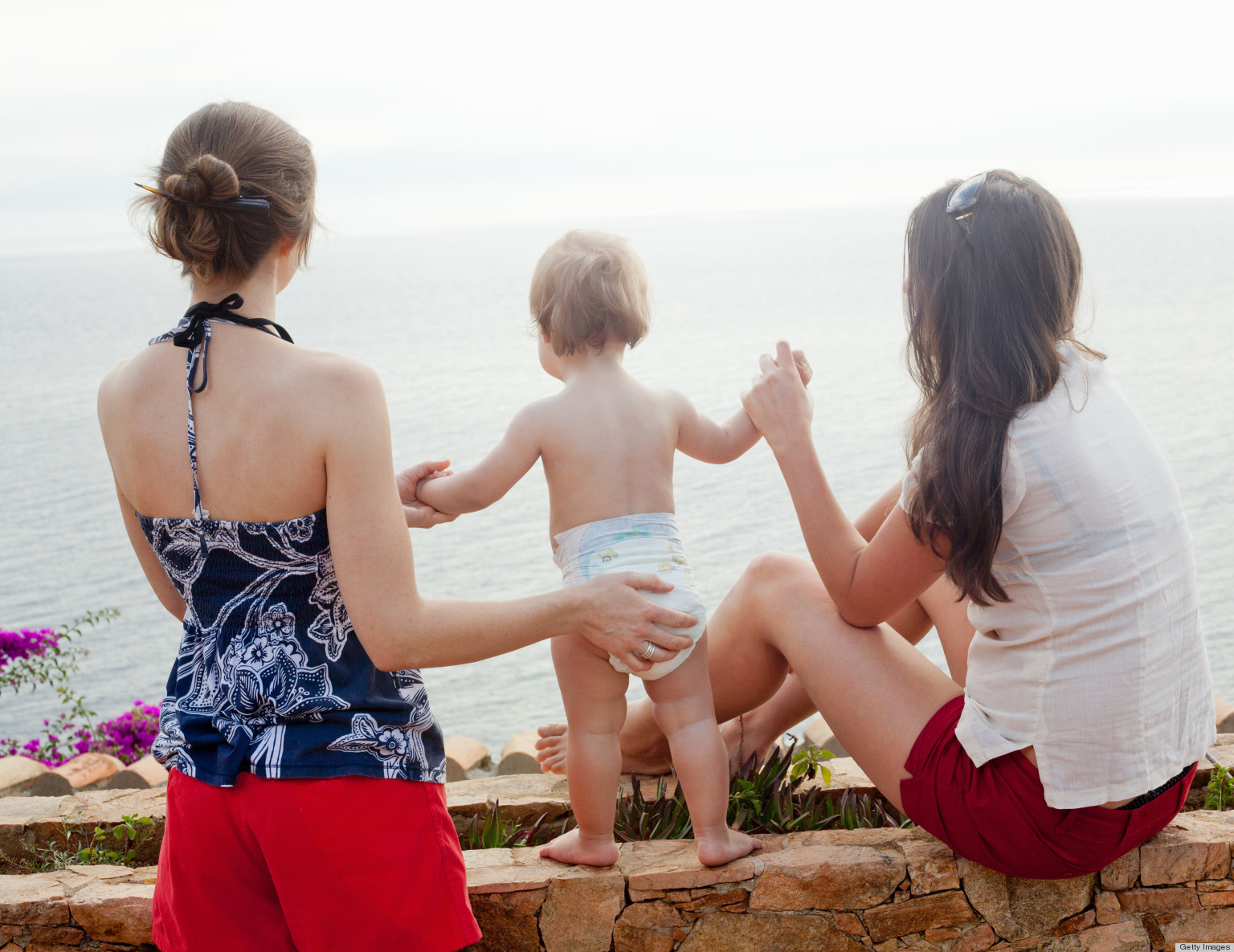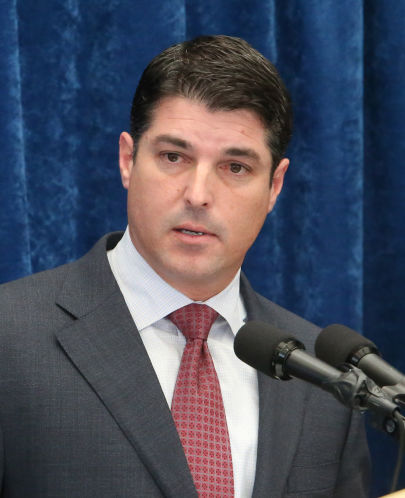
Adoption agencies could gain right to deny gay parents on religious grounds
Just three weeks after the Florida House overturned a ban on adoptions by gay parents, a panel in the same chamber Thursday advanced language allowing adoption and foster care agencies to discriminate based on their religious convictions.
Both decisions are largely symbolic. Courts five years ago ruled the ban on gay adoptions unconstitutional, and the bill granting religious protections has no Senate companion.

Steve Crisafulli, Florida House speaker
But Thursday’s party-line vote on what supporters call a “conscience clause” in the House Judiciary Committee thrusts Florida into a bigger debate about religious protections and the fight for LGBT rights.
Indiana lawmakers scrambled Thursday to change a Religious Freedom Restoration Act signed by Republican Gov. Mike Pence last week that attracted national attention because it allows business owners to deny service to people based on their religious beliefs.
“This legislation is Indiana-style discrimination, plain and simple,” Carlos Smith, lobbyist for Equality Florida, said about Florida’s latest proposal.
Bill sponsor Rep. Jason Brodeur, R-Sanford, says his measure is unrelated to the law passed this year in Indiana or a 1998 law of the same name passed in Florida. So does House Speaker Steve Crisafulli, who last month said he doesn’t support gay parents adopting but recognizes the issue has been decided by the courts.
“The conscience clause is very limited, and it’s only for adoptions,” Crisafulli said Wednesday. “The Indiana law is very different from our law.”
In 2013, 3,415 children were adopted in Florida after being involved with the state’s child welfare program, according to the most recent data from the U.S. Administration for Children and Families.
Brodeur’s bill centers on privately owned adoption and foster care agencies, many of which are affiliated with religious organizations and some of which receive state funds through the Community-Based Care program. It would protect them from lawsuits if they refuse to grant an adoption or give foster children to a family because of religious views the organization has identified ahead of time.
Without specific provisions in state law, Brodeur argues, religious agencies can be forced to make a difficult choice between deeply held religious conviction and risking legal action.
“It’s a reflection of the fact that in other states, organizations with religious or moral reservations have been getting sued and put out of business,” he said. “That’s not in the best interest of the state.”
Just hours after the House voted in March to strike the law that says, “No person eligible to adopt under this statute may adopt if that person is a homosexual,” Rep. Scott Plakon, R-Longwood, said he heard from a Christian agency in his district. It had, for the first time in nine years as an agency, had a request from a gay couple.
“They will be, I believe, one day, faced with the choice either to shut down … or do something that violates their religious beliefs,” he said. “These agencies do a lot of the heavy lifting in our state right now.”
Led by Democratic Rep. Dave Kerner, who filed a failed amendment that would have gutted the bill’s religious protections, opponents argue the bill would reflect badly on Florida and make it harder for people to adopt children.
“This bill will allow state-sanctioned discrimination against gay folks that want to adopt,” Kerner said. “We should be thanking gay parents for adopting. We should be thanking them and blessing them and asking to come to our state.”
Amanda Williams and her soon-to-be wife, Deena Ruth of Gainesville, are two of those adoptive parents. They’ve had more than 20 foster teenagers in their family in the past four years, and they’ve adopted two children, Williams said after Thursday’s hearing.
People turned down by one agency under the provisions of this bill could find another that’s willing to serve them, but Williams said anything that makes it more difficult or discouraging for parents to adopt or create foster homes will lead to fewer success stories.
What supporters and opponents can agree on is that the tide is changing.
As Florida finds its place in that changing landscape through the back-and-forth of legislation, Williams said she worries about a conscience clause in state adoption laws.
“I feel,” she said, “like it’s a step back.”
(From: Tampa Bay)

